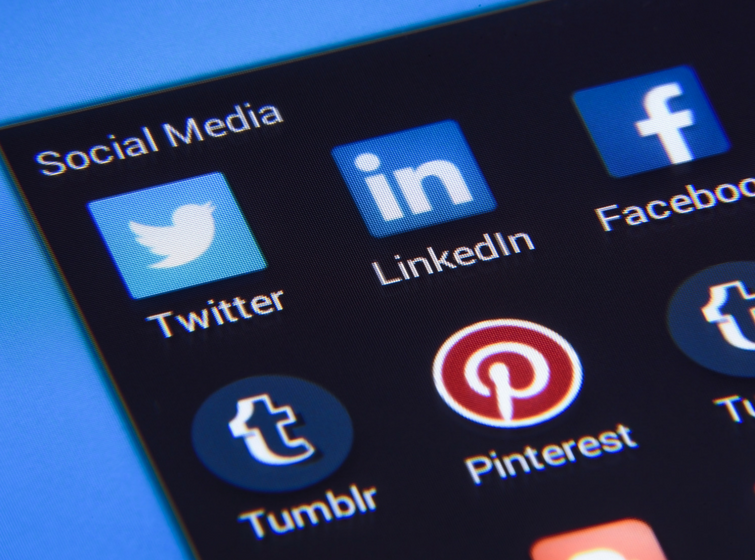I was alarmed to hear the stories last week about Facebook (and other social networking sites) and how much they are ‘costing’ Australian businesses. The cost could be as much as $5 billion as productive work hours turn into time spent updating profiles and connecting with friends and colleagues across the globe.
In many companies across Australia and New Zealand, Facebook is fast being added to the list of sites on the ‘banned’ list, joining MSN Messenger, MySpace, YouTube and Second Life, which are also considered addictive, distracting and a drain on productivity.
Can limiting access prove to be a productivity drain in itself?
According to a survey undertaken by Leadership Management Australia, “enjoying a good relationship with other staff” is one of the top 5 factors that will positively influence an employee. And today, many of these relationships start with email interactions. We are now used to saying ‘it’s great to finally meet you in person’ because in many cases our daily virtual interactions outnumber our personal interactions.
According to Matt Cohler, Facebook’s VP of strategy, “we’re seeing pretty encouraging levels of activity in work networks.” Cohler gave examples of companies like Shell Oil, Procter & Gamble, and General Electric who have thousands of employees in their networks.
And for the generation of employees who are growing up connected to the internet, restricting access at work can be a job deal breaker. Anne Kirah, Microsoft Senior Design Anthropologist who spoke at last year’s TechEd conference in Sydney said during her opening keynote, “Jobseekers will think twice about employers who lock down work internet access.”
“These kids are saying: forget it! I don’t want to work with you. I don’t want to work at a place where I can’t be freely online during the day.”
“People that I meet are saying this to me every day, all over the world.”
“Companies all over the world are saying, oh, you can’t be on the internet while you’re at work. You can’t be on instant messaging at work…” she said. “These are digital immigrant ideas.”
Kirah defines ‘digital immigrants’ as people who were not born into the digital lifestyle and view it as a distraction rather than an integral part of life. The younger generation of workers have been using computers and mobile phones since birth and she calls them ‘digital natives’.
“Bill Gates said years ago that if you worry about internet productivity, you’re worried about people stealing pens from your stationery cupboard… there are bigger things to worry about.”
But of course, there are serious threats when it comes to allowing access to sites like Facebook in the workplace. In any popular platform, there are always going to be loopholes for the unscrupulous to exploit; hacking is a threat that remains constant and employers need to make informed choices on whether the benefits outweigh the risks. If access is enabled, can it be harnessed productively?
Free internet access can be abused, but if an employee is actively disengaged in an organisation this is likely to be the outlet, not the cause. The Gallup Organisation defines the term ‘Actively Disengaged’ as employees who aren’t just unhappy at work, but those that are also busy acting out their unhappiness by undermining their engaged co-worker’s accomplishments.
Even if employers choose to block Facebook and similar sites for these reasons, there is still much to be learned and observed from what causes them to be the phenomenon’s they are.
From our experience with running numerous reward and recognition programs across Australia and New Zealand, we’ve directly observed what it is that powers the best-performing programs. You can have amazing rewards, you can have a fantastic system but social connectivity is what will propel a program’s success. The programs that really work are those where people get to share their stories, they get to inspire others, to post pictures and encourage comments and interactivity.
At RedBalloon, we find that clients with internal blogs and intranets that have a social component to them are most likely to thrive. Even if access to the internet is restricted in your workplace, encouraging picture boards, internal slide shows and movie nights can help employees share their stories. We practice what we preach on this one and we have our own dedicated RedBalloon Days Flickr site where our team photos are regularly posted for all to admire.
It still comes down to the fact that “we enjoy talking about our experiences much more than our possessions. Talking about our experiences, including shared experiences ? is the stock in trade of our relationships…Good relationships are strongly associated with happiness.” Gittins, R. (2004, February 18) “Activity is the goods for true satisfaction” The Sydney Morning Herald.
Whether you choose to embrace the power of social networking or lock it down altogether, the one thing to take from its success is that facilitating personal interactions still matters.
What do you thing friend or foe?




Will Swayne says
Hi Naomi — Interesting points you raise here.
I work with a small team and while we have no formal policy re: banning particular sites, it’s understood that web surfing and messaging should be the exception rather than the rule.
We work in a pretty fast-paced environment so there just isn’t enough time to muck around online anyway.
In a larger organisation where supervision may not be as close, banning sites may be a neccessity — it certainly removes temptation.
But as you say, Gen Y types may miffed that their online activities are limited at work.
In that environment, I would ensure that in addition to keeping an eye on out-of-control web surfing, employee benefits are tied closely to quantifiable results.
It really comes down to a question of employee engagement — if employees are sufficiently engaged and focussed on the team vision, excessive web surfing and other online playing shouldn’t be a problem IMO.
Will